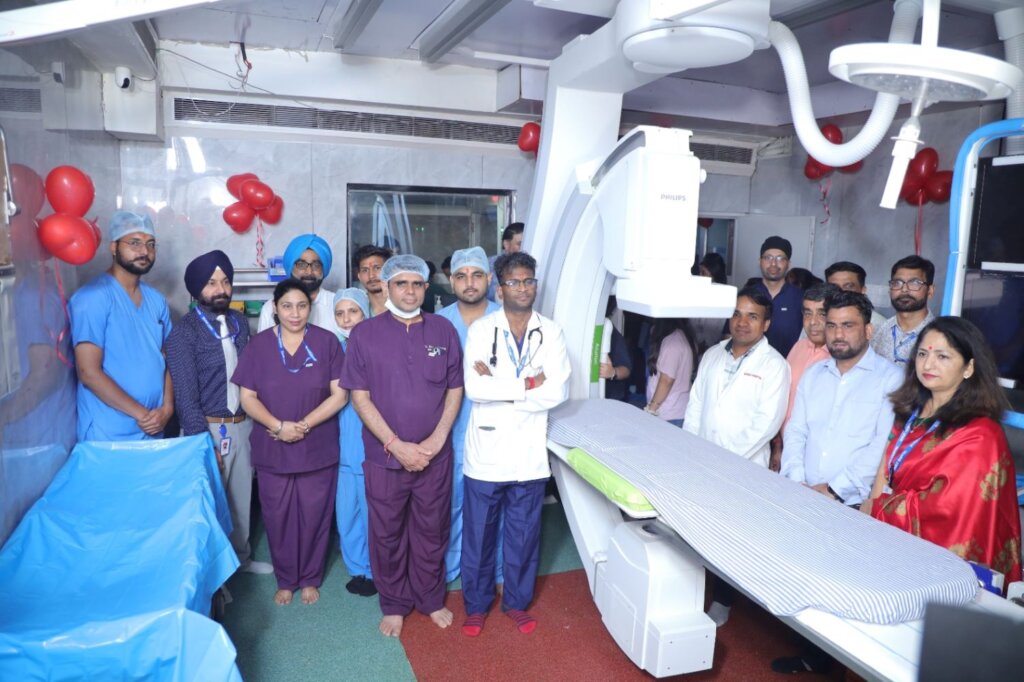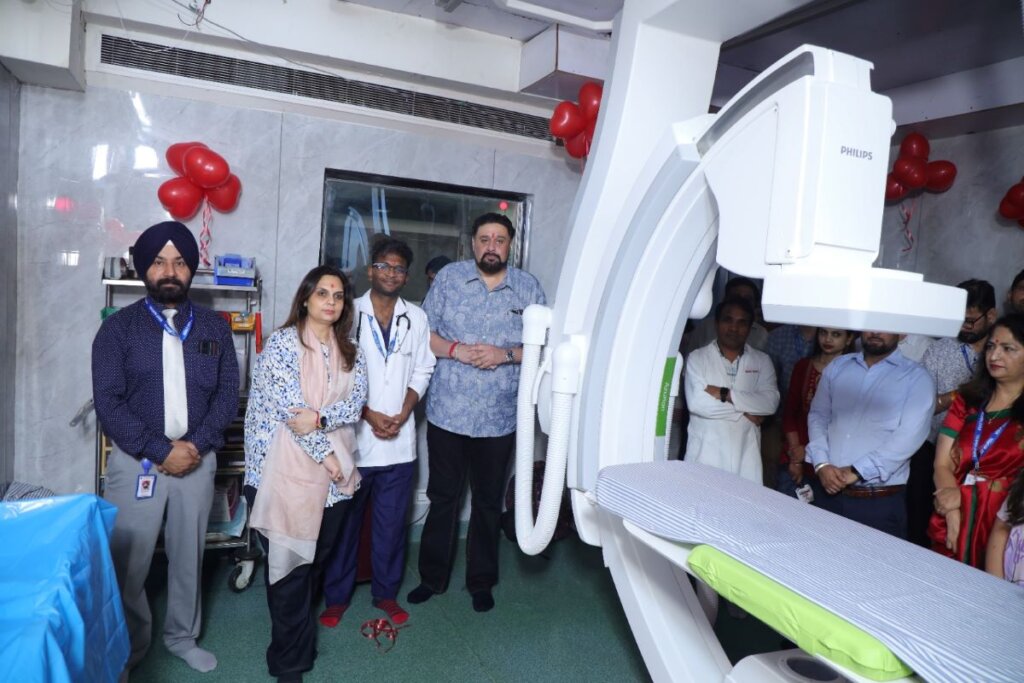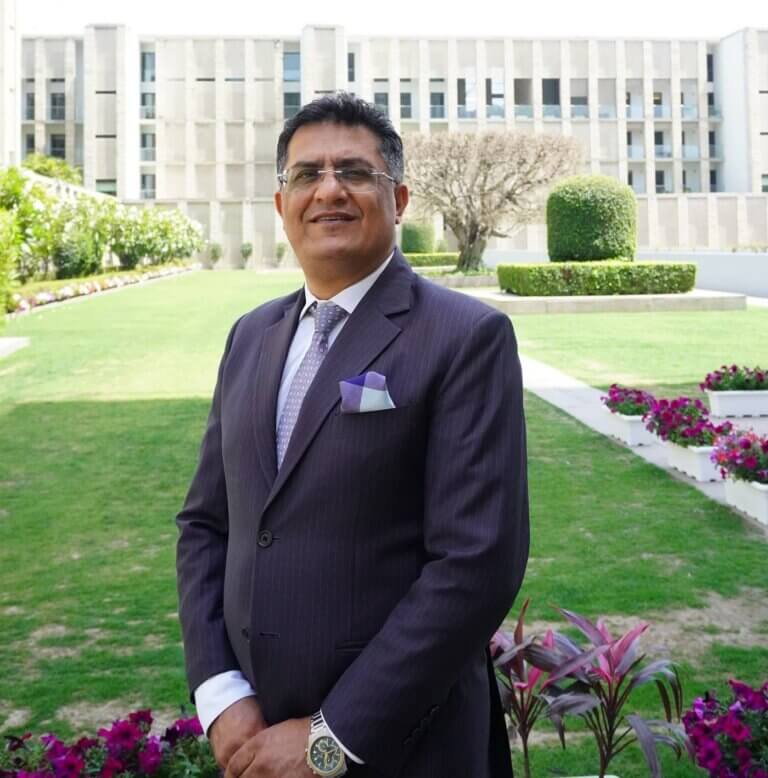Advanced Azurion Cath Lab launched at Mukat Hospital and Heart Institute
The Voice of Canada-The Voice of Chandigarh News
Mukat Hospital and Heart Institute, a leading and prestigious institution in the field of cardiac sciences, has once again embraced cutting-edge technology by launching the Philips Azurion Cath Lab. The cath lab is available only at a few locations in India, and this technology marks a significant achievement in the corporate healthcare sector of Chandigarh. The Philips Azurion technology from the Netherlands offers the highest precision, safety, and efficiency in image-guided interventional procedures with the least radiation, making it possible to perform complex heart, vascular, and neurological procedures more effectively.
The inauguration of this new facility was done by the hospital’s Medical Director, Dr. Ravi Inder Singh, in the presence of senior doctors, hospital administration, and distinguished guests. On this occasion, Dr. Singh mentioned that the establishment of the Philips Azurion Cath Lab at Mukat Hospital and Heart Institute is an important step towards bringing world-class cardiac care closer to the people of Chandigarh and surrounding areas. He emphasized that the hospital’s aim is to provide the most advanced diagnostic and treatment procedures in the safest, most precise, and effective manner. He also highlighted their continuous commitment to excellence in patient care, technology, and medical innovation.
This new cath lab features several state-of-the-art facilities, including flat detector technology, real-time image processing, an easy user interface, fast positional adjustments, a quiet super-cool generator that enhances the patient experience, and X-ray beam filters that minimize radiation exposure for doctors, staff, and patients. Additionally, it includes advanced software that ensures better image quality and machine operation, IVUS (Intravascular Ultrasound) technology for better observation of blood vessels, and stent boost technology for clear live imaging of stents. Specifically, the IVUS technology allows the visualization of plaque and cholesterol deposits inside arteries, enabling the assessment of future risks.







